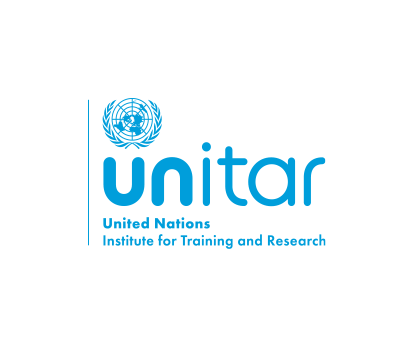
CIFAL Honolulu - GIS Sustainability and Resilience, Techniques Course
This course is designed as an introduction to mapping techniques in R with a focus on vector data related to sustainability and resilience. This course does not require any previous knowledge or experience with R, GIS software or with sustainability and resilience concepts. However, the course is designed to also be useful to those with a background in coding, geospatial analysis, and sustainability.
Provide the neccessary mapping techniques in R.
Using R, Rstudio, and GitHub to create and share clean reproducible code. - Creating maps using multiple layers of vector data - Creating clear and compelling spatial data visualizations - Using APIs to download relevant environmental and social data.
This course is self-paced and requires independent work, but also offers support in the form of optional, virtual office hours and regular feedback from the instructor. The first four weeks of the course we'll focus on getting started with R studio and GitHub, learning the basics spatial data visualization using R, and understanding fundamental principles of cartographic design. The final two weeks of the course will be dedicated to producing an individual project showcasing your geospatial abilities and skills. The challenge project will focus on a geographic area and data topic of your choice.
Independent work and online feedback from instructor.
This course is ideal for students and professionals interested in environmental conservation, disaster management, climate resilience, geopolitics, and social development in the Pacific region. It is also valuable for those pursuing careers in geospatial data science and its applications. This course is open to participants globally.

